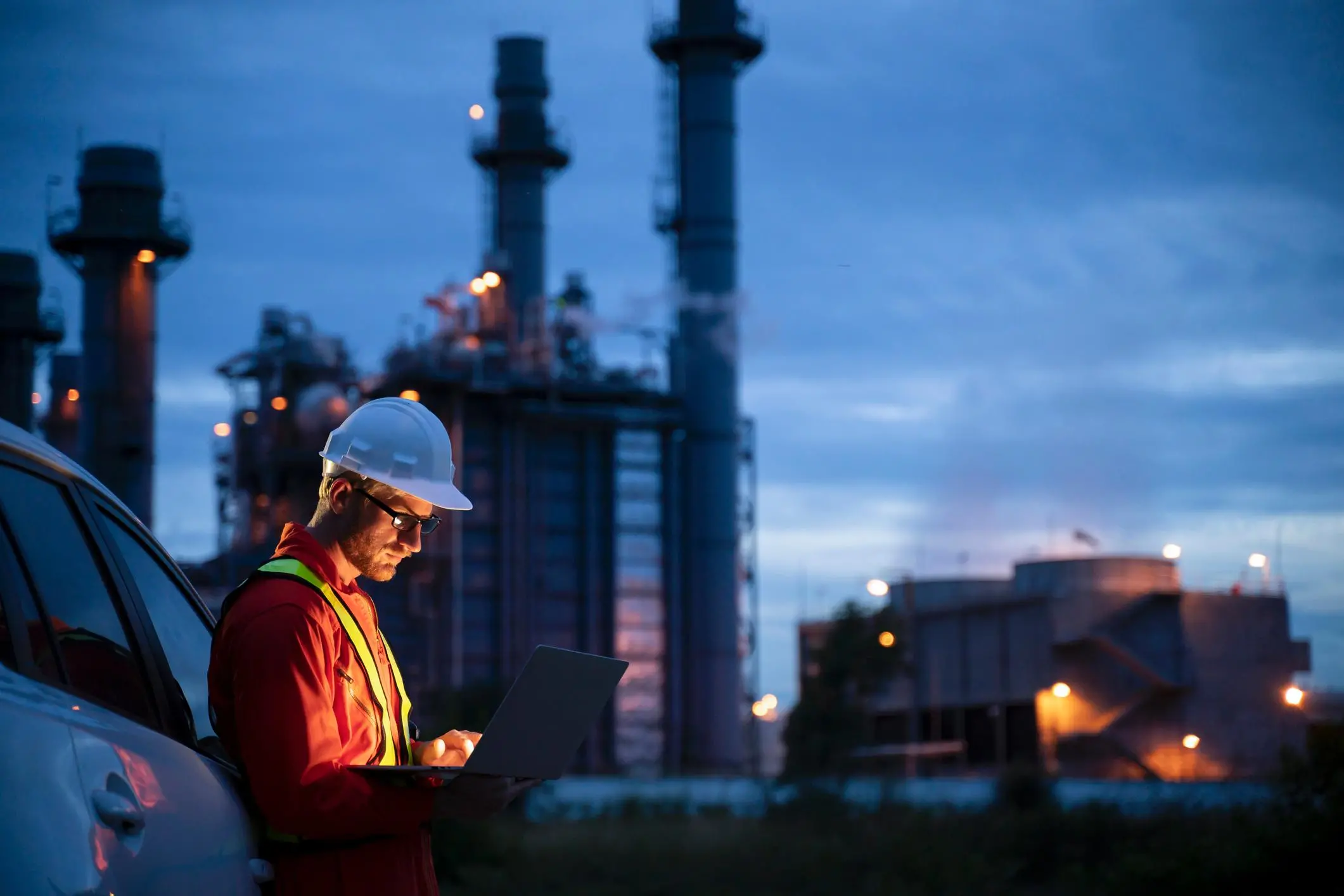PHOTO
SINGAPORE- Privately-controlled Zhejiang Petrochemical Corp (ZPC), China's single-largest refiner and petrochemical producer, is exploring new technologies such as direct processing of crude into olefins to cut carbon emissions, a company executive said on Wednesday.
Refining and petrochemical manufacturing contributes about 5% of China's total carbon emissions, or about 400-500 million tonnes, told Liu Minghui, ZPC's vice president, at a live-streamed oil seminar hosted by Zhejiang provincial government in Zhoushan.
ZPC is working with China's Tsinghua University to develop crude-to-olefin know-how that is expected to reduce carbon footprint by nearly half compared to the traditional process of obtaining feedstock for petrochemicals during the crude refining process, Liu said.
There are no plants in China, as yet, with the technologies needed for production on a commercial scale.
Meantime, the Zhoushan-based company is also advancing plans to capture and utilize CO2, with annual usable volume of around 5.2 million tonnes, for the production of synthetic gas and acetic acid, the latter used for making paints.
"The company is actively drawing up plans to capture and utilize CO2 and accelerating their executions," Liu said.
Citing a report from state refiner Sinopec Corp , Liu said downstream consumption of refined oil products including diesel, gasoline, kerosene and fuel oil emits one billion tonnes of CO2 each year.
China, the world's largest green-house gases emitter, last month laid out an action plan aiming to bring its carbon emissions to a peak before 2030, including putting a cap on oil refining capacity and promoting renewables.
Liu said ZPC, with a refining capacity of 800,000 barrels per day, has the lowest yield of refined fuel products such as diesel and gasoline among its domestic peers, as it has chosen to maximize production of high-end chemicals such as polycarbonate plastic used for packaging and ethylene vinyl acetate (EVA) used to make sports wear.
ZPC also operates over 20 million tonnes per year hydrocracking facilities, also the largest in China, allowing the firm to make premium quality diesel and gasoline that meet the highest National 6 standards, Liu added.
(Reporting by Chen Aizhu in Singapore and Muyu Xu in Beijing; Editing by Simon Cameron-Moore) ((aizhu.chen@thomsonreuters.com; Reuters Messaging: aizhu.chen.reuters.com@reuters.net))





















